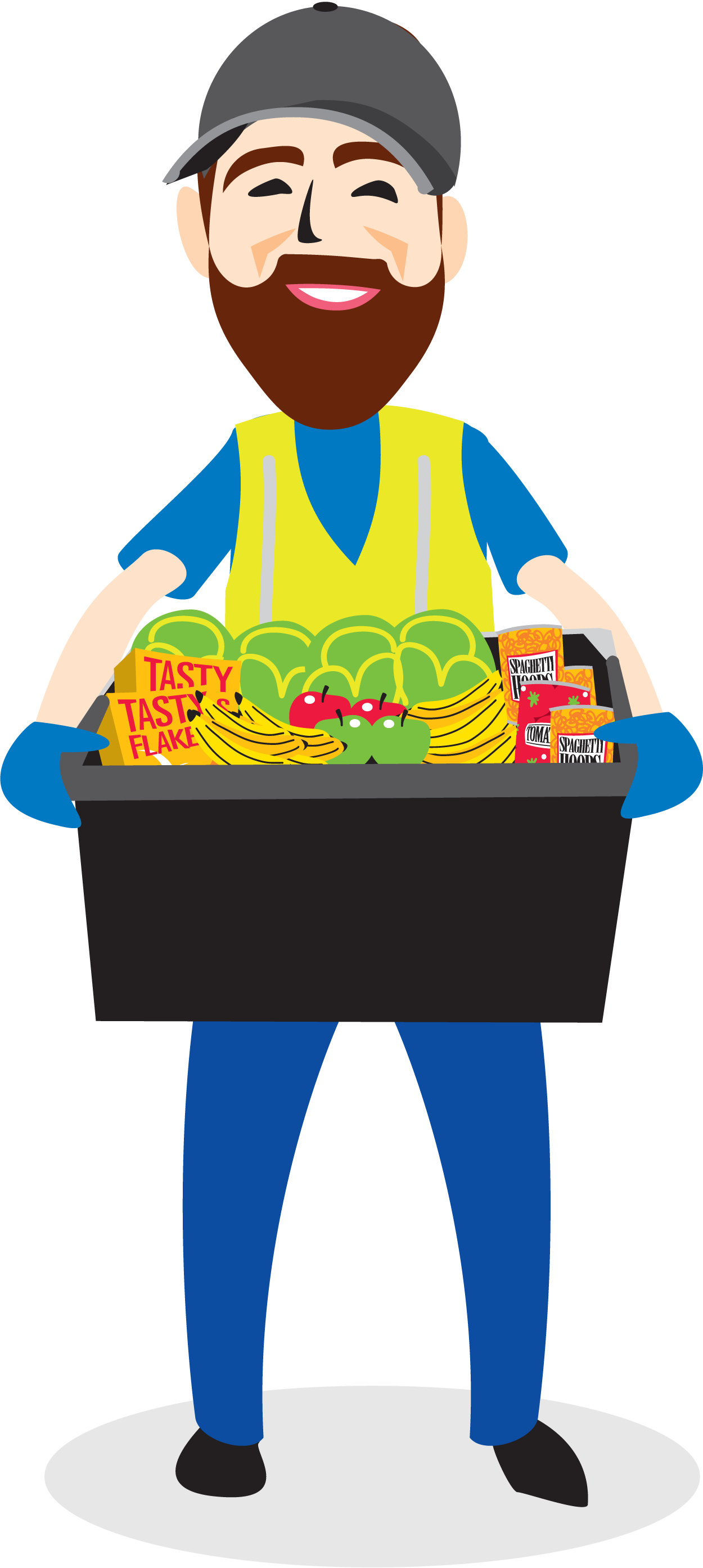Our Impact
Every year we ask our members to tell us more about their lives and the challenges they’re facing. 2024 saw a huge response with almost 10,000 members taking part.
We use this rich insight to advocate for change from policy makers at local, regional and national level, as well as improving and developing our own services for members.
Bread and Butter now supports
131
communities across 27 local authorities
We saved
9005
tonnes
of food
from going to waste,
the equivalent of
which is a saving of
21.4M
MEALS
22.5M
TONNES OF
CO2
In 2024, our
volunteers gave us
161,000
volunteering hours
We’ve provided
52,000
hot drinks through
Big Brew Time
We brought in
214
organisations into our hubs to offer additional services that could advise members on topics such as energy saving, debt management, housing and digital.
Building a more food secure future
Out of those who have used food banks, Bread and Butter has helped
12,400
members stop or reduce their food bank use
73%
of members say they don’t skip meals as much as they used to
79%
of our members now worry less about running out of food.
“Most people think I should be able to afford things because I am a nurse, but that is far from the truth. Bread and Butter has gone someway into stopping the stress and worrying about where the family’s next meal is coming from, more so as the cost of living is so high and I’m constantly living on my credit cards to get by.”
93%
of our members say it helps them save
money on buying food
68%
of our members say they can afford to feed themselves and their families for the week ahead
Easier access to healthier food
79%
of our members now eat more fruit and vegetables as a result of joining Bread and Butter
82%
of members say they have also tried new food since joining too
Almost 4 out of 5
of our members say that Bread and Butter gives them access to better food than they could otherwise afford
71%
say they eat more
home cooked meals
“Given me a chance to pay my bills and feed my family, I don’t have an empty fridge anymore. I have cooked more foods and meals because I get a wider range of food that I couldn’t normally afford. I can feed my family a good meal, it has brought me closer family because we can eat together.”
More than just food
99%
of our members say
Bread and Butter is good
for the community
97%
of members say they feel welcome at Bread and Butter food clubs
7 in 10
of our members say that since joining Bread and Butter they feel more involved with the community
“Bread and butter community do not judge and made me and my family feel welcomed from the start of me attending grateful to them all for what they do for families like mine.”
Better together
Almost 2/3s
of our members say they feel less alone since joining Bread and Butter
58%
of our members say that since joining Bread and Butter they have made friends
“I have made friends and look forward to meeting up and having a laugh with them. I also have a much better diet although my health has deteriorated so my doctor has told me that access to a good diet is absolutely essential for me and Bread and Butter ensures that. Money is stretched but I am able to eat better for less. It is an essential service and should be funded as that. I don’t have many people to talk to, especially without feeling judged but Bread and Butter team and members have never once made me feel useless. Thank you for all that you do!”
“Bread and Butter has really given me the chance to provide more nutritious meals for me and my family and has helped me and my mental health so much! It provides a safe, welcoming environment and given me the ability to feed my family for much less and improved our future, as well as helping to reduce food waste, all whilst helping people like myself who just cannot afford shop prices. I am extremely grateful for Bread and Butter and hope they realise just how important and appreciated they really are! Thank you.”
“The Bread and Butter Thing is much bigger than food. It’s about relationships, community and bringing people together. The hubs have become places of connection and sanctuary. People volunteer and gain a sense of purpose, others access food in a way that doesn’t feel stigmatising, some find a place in a community they never knew existed. Everyone gives something to it and gains something from it. Other groups and partnerships spring up at these hubs and tap into the communities that congregate there. Their impact is much bigger than we could have imagined.”



















